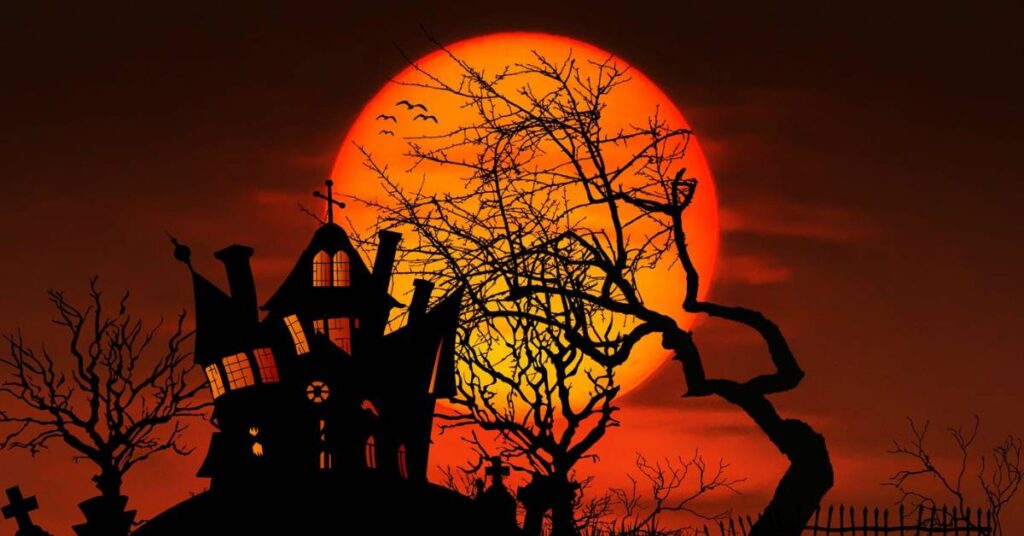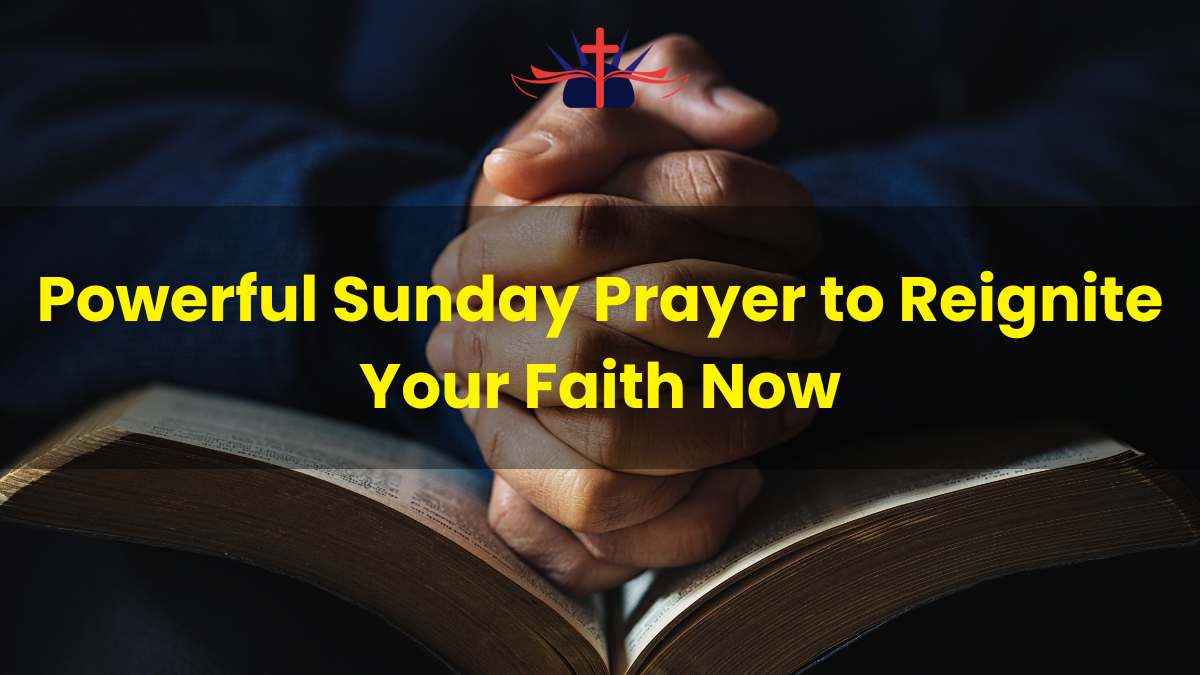Halloween stirs up images of pumpkins, costumes, and candy—but what does Halloween mean in the Bible? This question sparks curiosity among Christians and non-believers alike, especially as October 31 approaches each year. While the Bible doesn’t mention Halloween by name, its origins and practices tie back to ancient traditions with spiritual undertones that some connect to biblical principles. In this post, we’ll explore Halloween’s roots, its potential biblical implications, and how modern Christians navigate this holiday.
The Origins of Halloween: A Historical Perspective
Halloween’s story begins long before jack-o’-lanterns graced porches. Its roots trace back to the ancient Celtic festival of Samhain, celebrated over 2,000 years ago in what’s now Ireland and Scotland. Samhain marked the end of the harvest season and the start of winter—a time when Celts believed the veil between the living and the dead thinned.
- Spiritual Significance: Druids lit bonfires and wore costumes to ward off spirits.
- Christian Influence: By the 8th century, Pope Gregory III established All Saints’ Day on November 1, blending Samhain with Christian traditions. The night before became “All Hallows’ Eve”—later shortened to Halloween.
While this history doesn’t directly answer “what does Halloween mean in the Bible,” it sets the stage for understanding its evolution.

Does Halloween Appear in the Bible?
Let’s address the core question head-on: Halloween isn’t explicitly mentioned in Scripture. The Bible, written centuries before Samhain or modern Halloween, doesn’t reference pumpkins, trick-or-treating, or costumes. However, some Christians point to biblical themes that might relate to Halloween’s practices.
Biblical Themes Potentially Tied to Halloween
- The Spiritual Realm: Ephesians 6:12 speaks of “spiritual forces of evil in the heavenly realms.” Samhain’s focus on spirits aligns with this concept, though the Bible doesn’t endorse engaging with them.
- Avoiding Pagan Practices: Deuteronomy 18:10–11 warns against witchcraft and divination—practices some associate with Halloween’s occult imagery.
- Light vs. Darkness: John 1:5 declares, “The light shines in the darkness, and the darkness has not overcome it.” Halloween’s dark motifs contrast with this biblical call to embrace light.
While these connections are interpretive, they fuel debates about Halloween’s compatibility with Christian faith.
What Does Halloween Mean in the Bible for Modern Christians?
Today, Halloween means different things to different believers. Some see it as harmless fun; others view it as a spiritual stumbling block. Let’s break down these perspectives.
Halloween as Innocent Celebration
For many Christians, Halloween is a cultural event, not a religious one. According to a 2023 Barna Group survey, 62% of U.S. Christians participate in Halloween activities like trick-or-treating. They argue:
- Costumes and candy don’t inherently glorify evil.
- It’s an opportunity to build community (e.g., church “trunk-or-treat” events).
- Romans 14:5–6 supports personal conviction in observing days.
Halloween as a Spiritual Concern
On the flip side, some believers avoid Halloween, citing its pagan roots and occult associations. They reference:
- 1 Thessalonians 5:22: “Abstain from every form of evil.”
- Historical ties to practices like necromancy, condemned in Leviticus 19:31.
For these Christians, Halloween’s meaning clashes with biblical values, even if modern celebrations seem secular.

How Should Christians Approach Halloween?
So, what’s the “right” stance? The Bible doesn’t provide a clear-cut rule, leaving room for discernment. Here’s how Christians can navigate Halloween thoughtfully:
Practical Steps for Decision-Making
- Pray for Wisdom: James 1:5 promises guidance for those who ask.
- Examine Motives: Are you glorifying God or dabbling in darkness? (1 Corinthians 10:31)
- Consider Others: Romans 14 urges avoiding actions that cause others to stumble.
Real-World Examples
- Case Study: A 2024 Lifeway Research poll found 45% of evangelical pastors encourage alternatives like fall festivals over Halloween participation.
- Expert Insight: Dr. Michael Brown, a biblical scholar, notes, “Christians should weigh cultural engagement against spiritual purity.”
Ultimately, Halloween’s meaning depends on personal conviction and context.
Final Thoughts: What Does Halloween Mean to You?
Halloween’s meaning in the Bible isn’t black-and-white. Its pagan roots and modern flair raise valid questions, but Scripture leaves room for personal choice. Whether you carve pumpkins or skip the festivities, let faith guide your steps.


